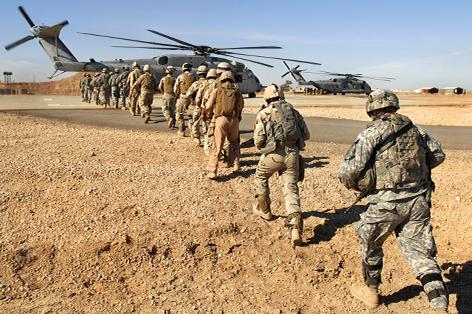
Ensuring a seamless supply chain in all situations
As an integrated services provider, CIS provides support to its clients throughout their military operations and in areas of conflict.
Thanks to our experience and long-established logistic capabilities in remote and extreme areas, CIS is able to store food and equipment safely and can respect very short lead times.
In Somalia, thanks to our logistics warehouse which is ideally located on the port, we are able to support defence and government-related companies by providing a range of services, including logistics management, procurement of equipment, customs clearance, freight forwarding and administrative management.


